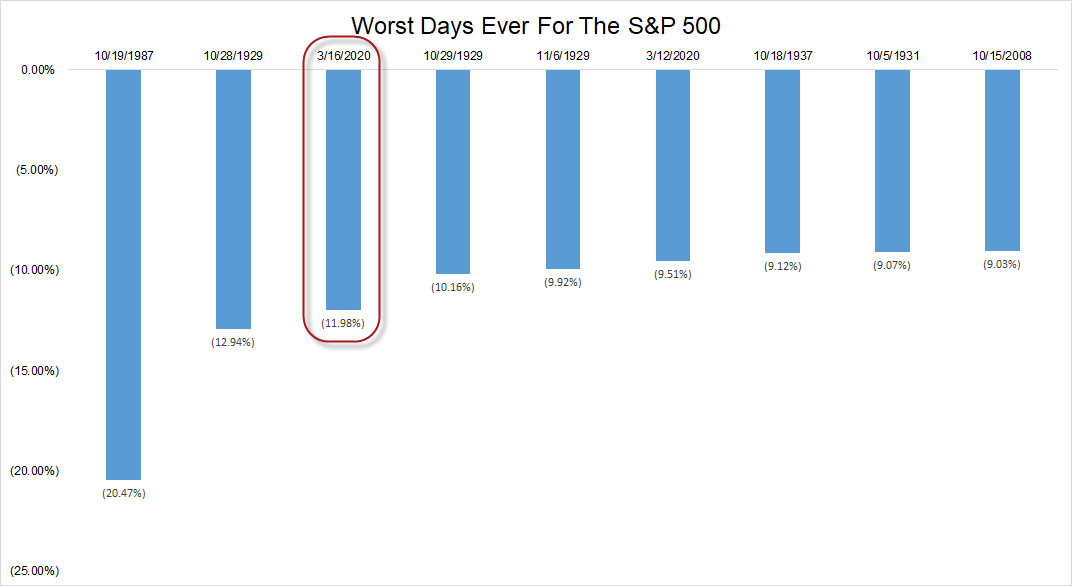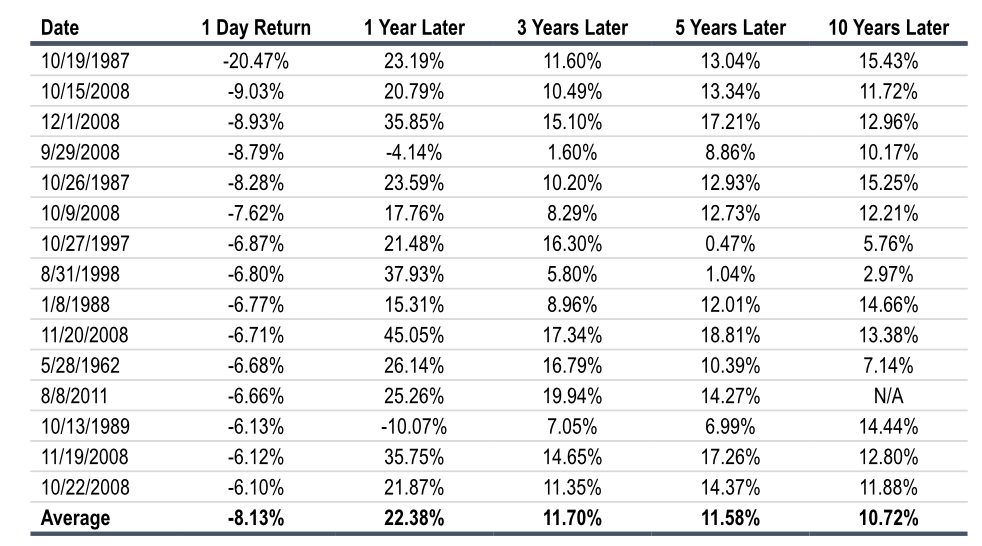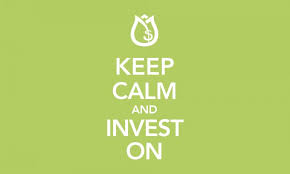Dear Mr. Market:
You’ve behaved fairly well after some insanely raucous behavior last year. You (the market) has actually surprised a lot of folks just barely six weeks into the year. While there is plenty of calendar left in 2023, we’re watching you and it’s simply interesting to see that half the room doesn’t trust your next move while the other half wants to… but still can’t!
Read more: Everyone is Getting it WrongThe books are closed on 2022, and what a year it was! The past few years have brought the word “unprecedented” to a whole new level. Both stocks and bonds were down in 2022, which is extremely rare and actually only happened twice in the past 100 years! (1931 and 1969). We won’t rehash it all but it’s not just that stocks were down almost -20%, but rather that what was supposed to offset some of that drawdown, never did. Historically bonds have basically always mitigated some of the pain of stocks getting tattered but not last year. 10-year treasury bonds were also down -15% and if you want real pain, 30 year bonds got torched by almost -30%. Name a stretch in your lifetime that was worse? Even if you’re 90 years old…you can’t.
So, enough about what has happened but our focus today is on how this plays with your mind. Below we’ve written a list of all the financial media talking heads as well as economic experts who are not predicting a major recession. Look through our extensive list of names and what do you see?
Oh wait…there are no names listed. Feel free to comment below or let us know if we missed anyone but rarely have we ever seen such an environment of groupthink that it begs the question…what if they’re all wrong? There have been some major economists who in times past have really missed the mark but for some reason they still have a platform and the ability to get your attention. In a future article (or letter to you, Mr. Market) we’ll do a little report card on all the “gurus” who somehow still command everyone’s eyeballs but often can’t correctly guess how many fingers they have. OK…perhaps we’re laying it on a little thick here but hopefully you get the point. There is too much groupthink going on right now and it’s times like these when it pays to take a little bit of a contrarian view.

We wrapped up January in surprisingly good fashion (again…almost everyone got it wrong but we’ll modestly remind clients we did not). Couple that with what is the proverbial “Santa Claus” rally period and you have some interesting history to look at. When stocks are lower the year prior, but gained during the Santa Claus period and first five days of January…we’ve seen a market average +27% the next year. Could it happen this time? Maybe not to that extent but if it doesn’t it will be the first time ever it didn’t at least go higher (nine for nine prior).
Now nobody said it would be smooth sailing (it rarely is). Expect a bit of a cooling down period as we now digest Q4 earnings season until month end. It also happens to be seasonally be a time for a natural pause or break with the back half of February being historically weak.

Regardless, barring some major unexpected calamity, this likely pause in the markets is a perfect opportunity to not only catch your breath (with Mr. Market) but also take a few chips off the table in areas you’ve been wishing you had earlier. For example, most people who had way too much tech on the way up got slaughtered in 2022 with the Nasdaq peeling off -33%. Now that we’ve seen a nice bump in tech stocks to start the year, why not sell some and reallocate to another area?
If you read the recent quarterly newsletter from My Portfolio Guide, LLC, you’ll note the areas we still like. Commodities are down to start the year…what a great place to be building a hedge if you missed their run-up prior. Along those same lines, what also helped our model portfolios last year (relative to what most people had outside of stocks and bonds) was gold. The dollar will retreat some more (unhitching the trailer) so we couldn’t be more bullish on gold being a key component in this environment. One more area that has slumped a bit to start the year are oil stocks (another rare bright spot in 2022). In typical human and emotional fashion, people somehow don’t want single digit multiple (i.e. cheap!) stocks with high yielding dividends. What’s not to like?!? Even Joe Biden told us earlier this week during the State of the Union that we’ll need oil for at least another 10 years…
Lastly, if you’re in the mood on making bets….Here’s a tip for all those watching the Super Bowl this Sunday. If you don’t have a dog in the hunt and are simply “hoping for a good game”…change your tune right now; you should want a blowout (perhaps not for entertainment value but for the market). In years when there is a single digit win during the Super Bowl the market only averages +5% and higher less than 60% of the time. However, on years with double digit margins of victory the market averages +11% and a 79% chance of going higher.
As silly as the “Super Bowl Indicator” is by the way, we did write about it last year (click here) and true to form…perhaps that’s why the market got drilled (kidding!). The Eagles are slight favorites but if you’re just an investment geek and want to root for a team…the football Gods all say the Chiefs need to win and ideally by 10 points or more. It likely won’t happen so enjoy the game and those expensive commercials. By the way, they used to cost advertisers a cool $1 million a few years ago for a primetime spot but are now upwards of $7 million! (and we have the gall to complain about $7 eggs?!?)
Have a great weekend!










 That brings us to today. The market has been up and worries seem low. Likely your stock allocation has gotten out of whack again, but this time to the upside. What is the prudent investor to do? Again, ignore emotion and follow your plan. If this means selling stocks to rebalance, so be it. Maybe your gut says, “let the winners keep running.” You could do that, but ask yourself how good your gut has been at timing the market in the past.
That brings us to today. The market has been up and worries seem low. Likely your stock allocation has gotten out of whack again, but this time to the upside. What is the prudent investor to do? Again, ignore emotion and follow your plan. If this means selling stocks to rebalance, so be it. Maybe your gut says, “let the winners keep running.” You could do that, but ask yourself how good your gut has been at timing the market in the past.


